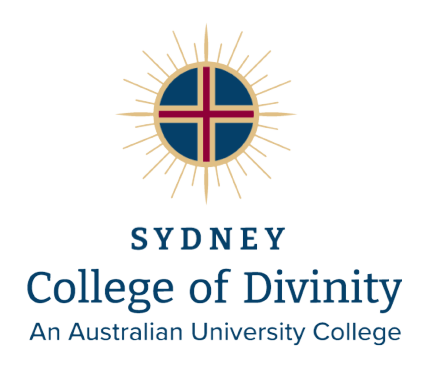H8191 – The Origins of Western Christianity: Orthodox Perspectives
Unit Code
H8191
Unit Name
The Origins of Western Christianity: Orthodox Perspectives (postgraduate)
Unit Weighting
9 Credit Points
Type of Unit
Foundational
Prerequisites, corequisites or exclusions
Nil
Academic Staff
Rev. Dr. Samuel Fanous BCommerce/Laws (USyd), MBBS (University of Notre Dame), MTh (UoN)
Curriculum Objectives
Modern Western Christianity cannot be fully understood without the knowledge of the origins of the doctrines, practices and disputes that led to Christianity today, both Catholic and Protestant. Orthodox Christians in the Western World come face to face daily with the beliefs and practices that were formed through momentous historical events such as the fall of Rome, the Reformation and the Great Awakening as well as many others. These events, together with he politics, conflict and upheaval they engendered, leave a legacy today that cannot be understood without this historical knowledge.
Students are expected to be able to grapple with these issues from a historiographical perspective, as well as understand how their own religious background has influenced their own historical perspectives. By understanding the historical origins of Western Christianity, students will be able to engage in meaningful dialogue with those of other backgrounds as well as understand how their own religious convictions and beliefs have been formed in the context of this religious milieu.
Learning Outcomes
At the end of this unit students will be able to:
- Demonstrate a functional knowledge of the Medieval, Reformation and Modern period as it relates to the development of Western Christianity today.
- Critically analyse these events, both from a historical and religious perspective (ie through an Orthodox lens)
- Analyse the causes and outcomes of the major doctrinal challenges that occurred during these period in their political and social context.
- Evaluate the contribution of selected people and movements to the contribution of these events.
- Apply perspectives from the religious history of this period to inform oneself more about their own faith context and beliefs.
During this course unit, students may acquire the following threshold concept:
- Students need to be able to grasp the concept that history is not just a chronological description of events but involves an interpretive element and a range of methodological approaches.
Content
- Studying the Origins of Western Christianity in context; methodology and historiography
- Religious, cultural and social backgrounds of the Church in these periods.
- The fall of Rome and the lasting impact on this on Church of the West
- The relationship between the Church and State during the Medieval period and the development of the Papacy.
- The historical, social and political causes of the Protestant Reformation
- The Catholic Response and the implications of this today.
- The development of the principles of the Reformation into the ‘New World’
- Modern day movements and the tracing of their causes

